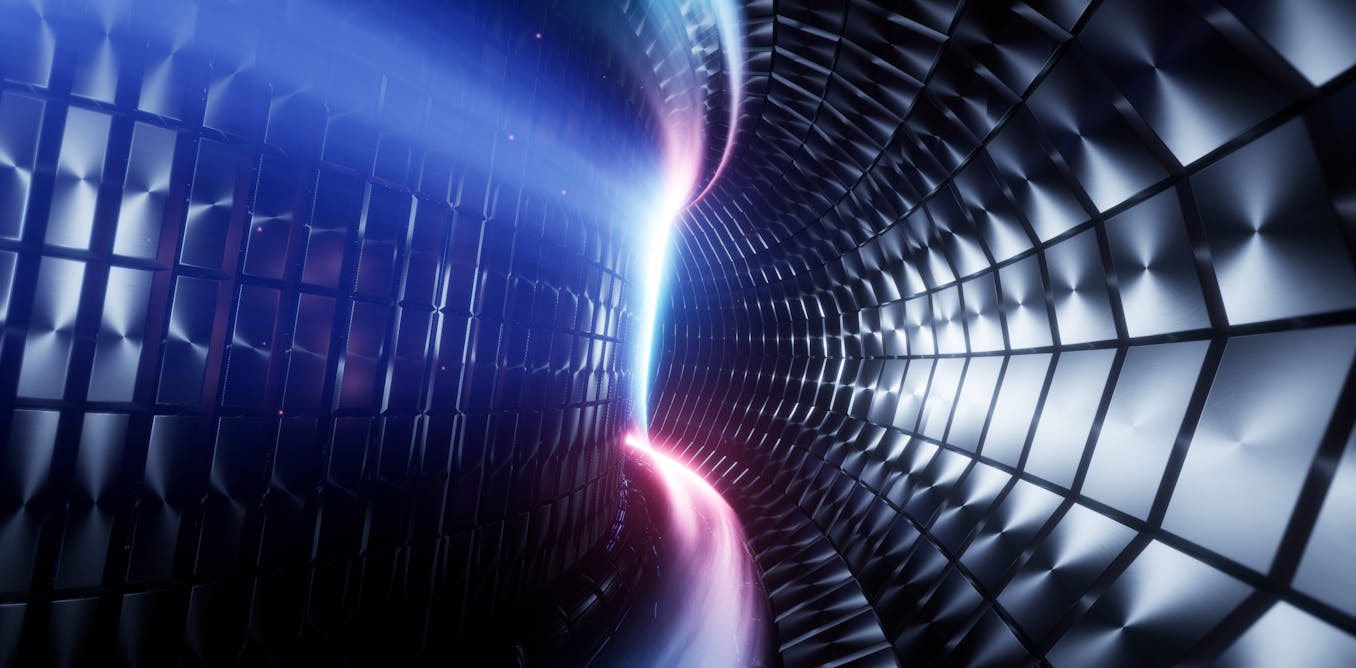nuclear power produces long-lived radioactive waste, which needs to be stored securely. Nuclear fuels, such as the element uranium (which needs to be mined), are finite, so the technology is not considered renewable. Renewable sources of energy, such as solar and wind power suffer from “intermittency”, meaning they do not consistently produce energy at all hours of the day.
fusion technologies have yet to produce sustained net energy output (more energy than is put in to run the reactor), let alone produce energy at the scale required to meet the growing demands of AI. Fusion will require many more technological developments before it can fulfil its promise of delivering power to the grid.



We do not currently have the battery tech to have a fully renewables-powered grid where batteries are used for the regular dips in production wind and solar have.
We likely won’t have infrastructure like that in place for decades.
Do you know what they do in Norway with out-of-use old mines? They lift a load when there’s energy to be stored. They lower it when there’s energy to be spent. I’m sure you know how electric engines work and that the conversion is symmetric.
No battery tech involved.
Battery tech is in general mostly relevant for autonomous devices we carry, for airplanes and ships, for cars.
For the central grid the ways to store energy are almost inifinite.
Can you back this up with links to reputable sources?
Can you back up your original claim - that we can sufficiently power all of our grids with current batteries, and that current battery manufacturing is enough to do so?
With reputable sources.